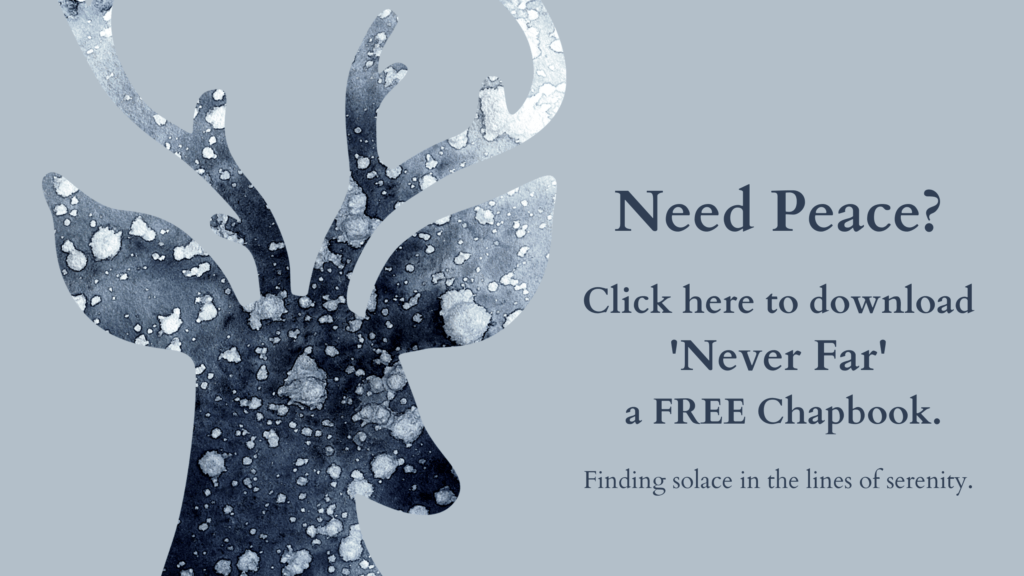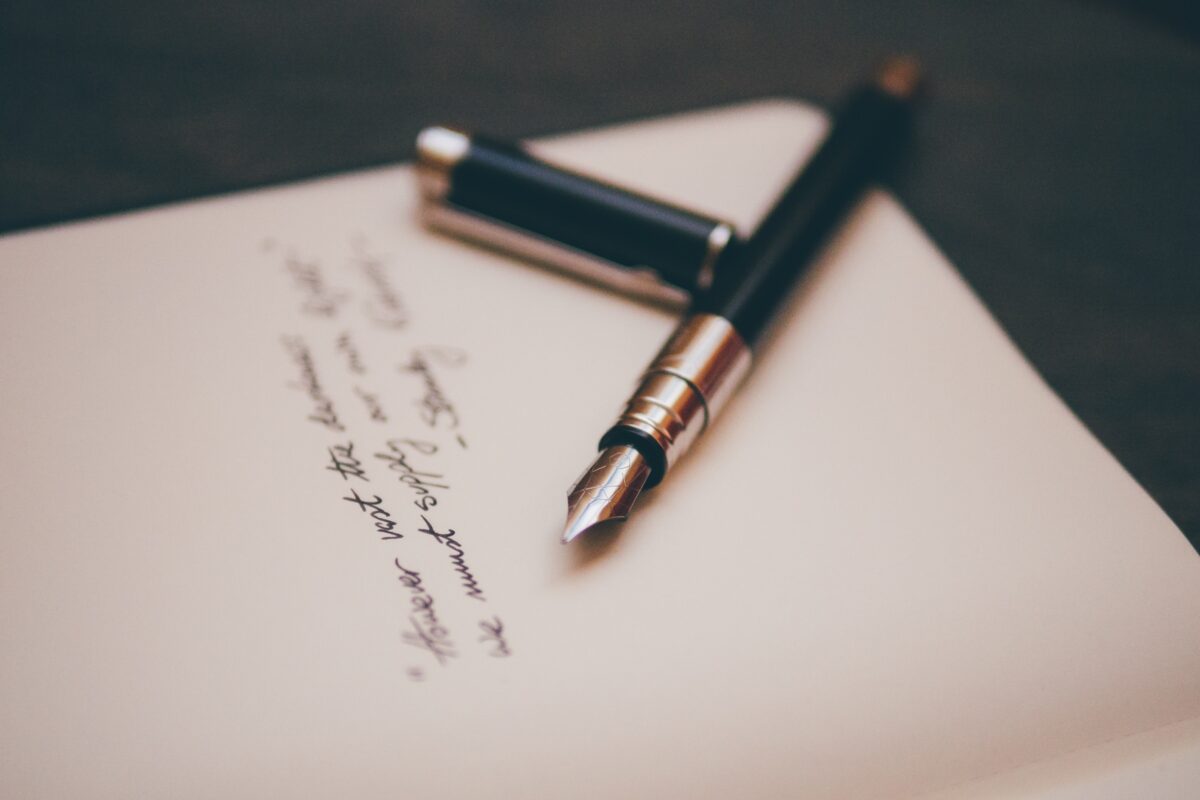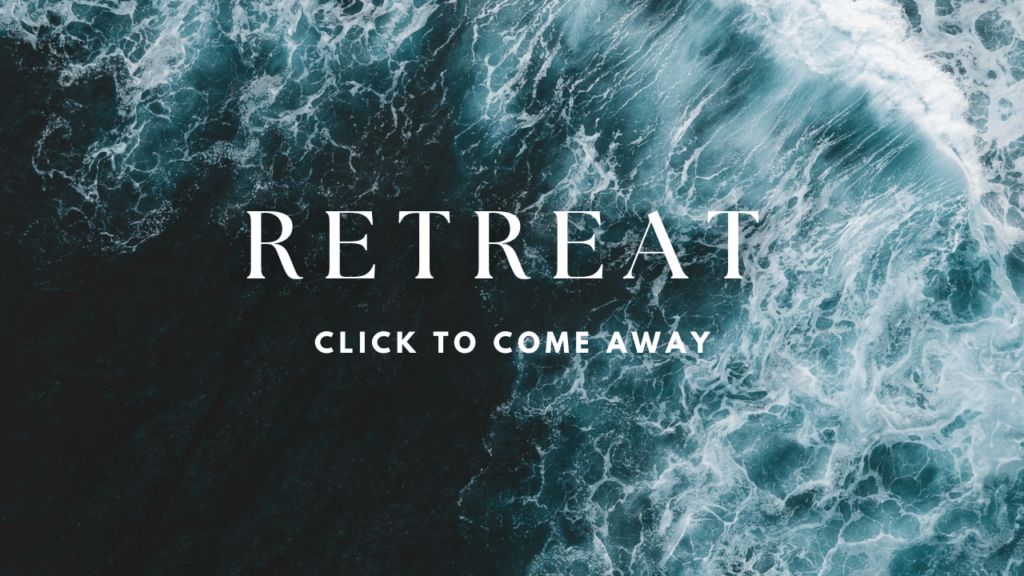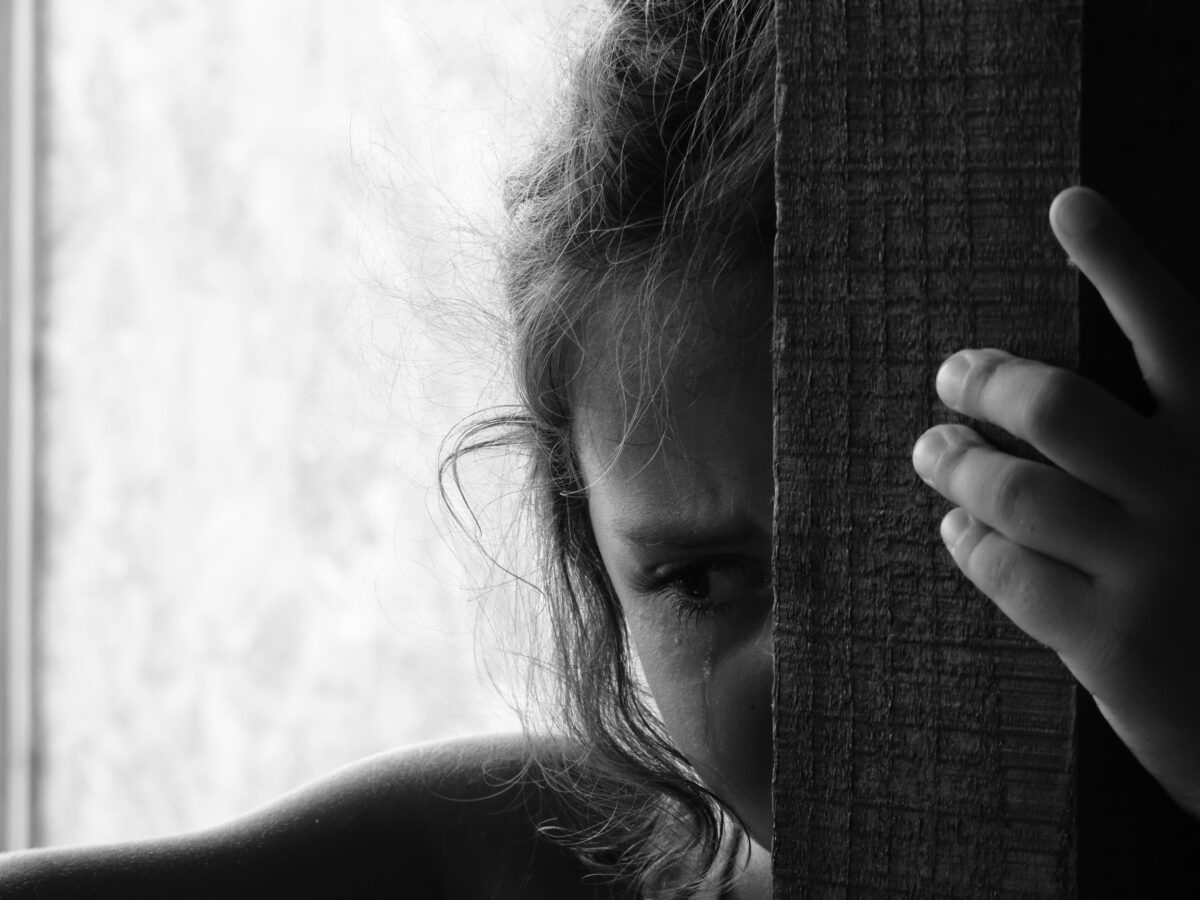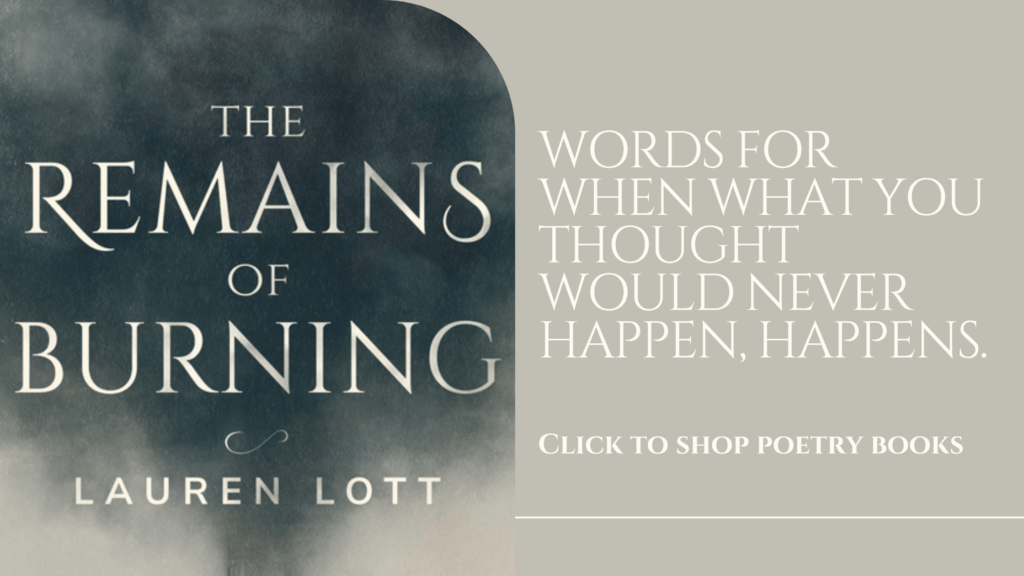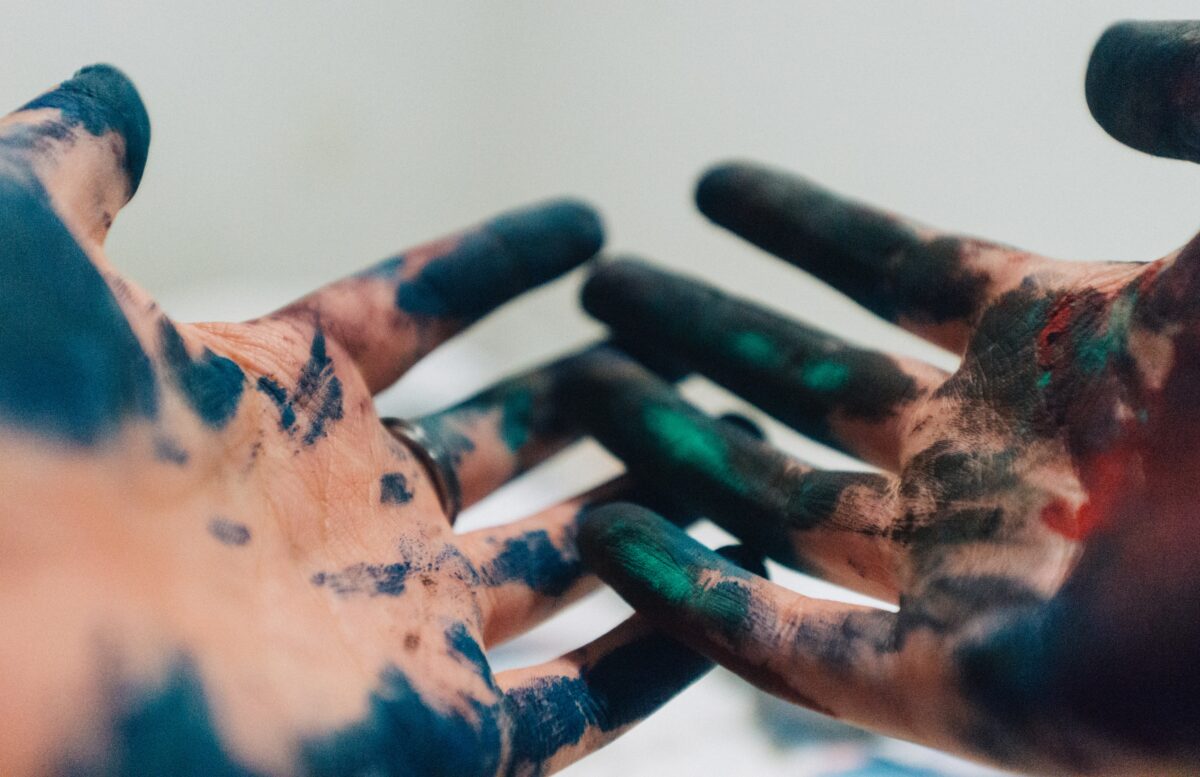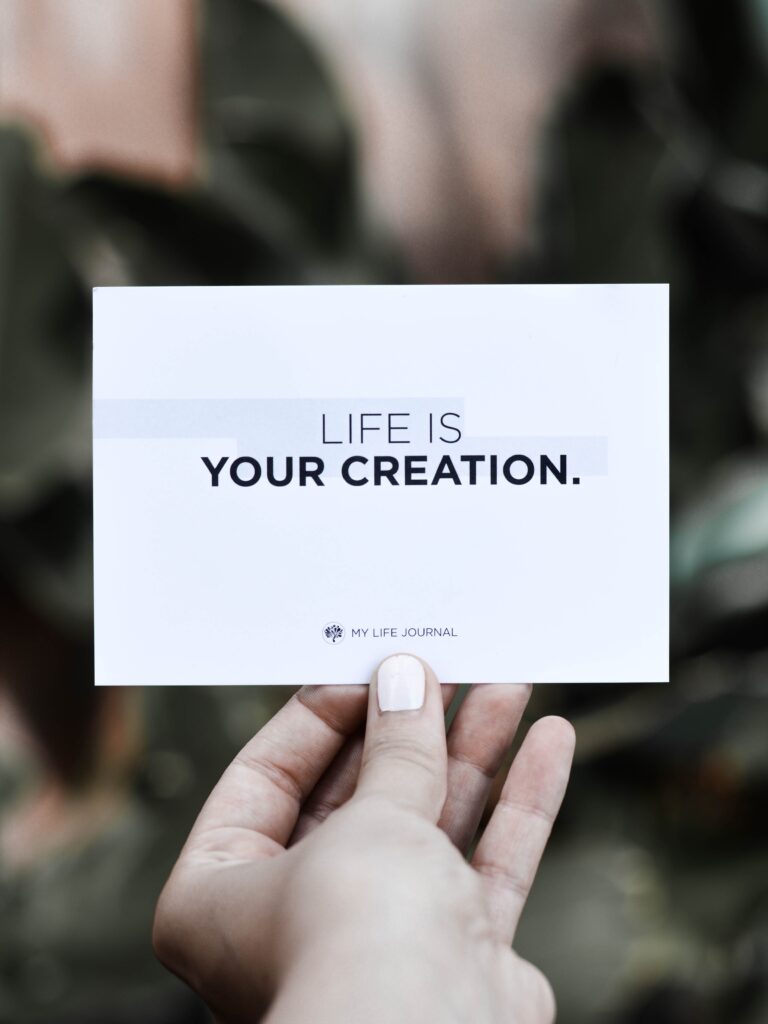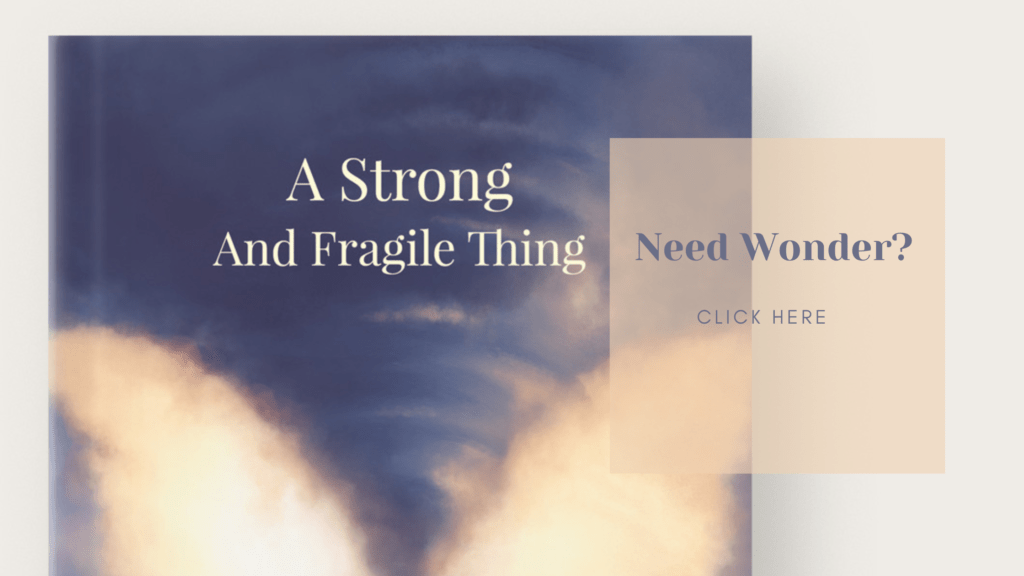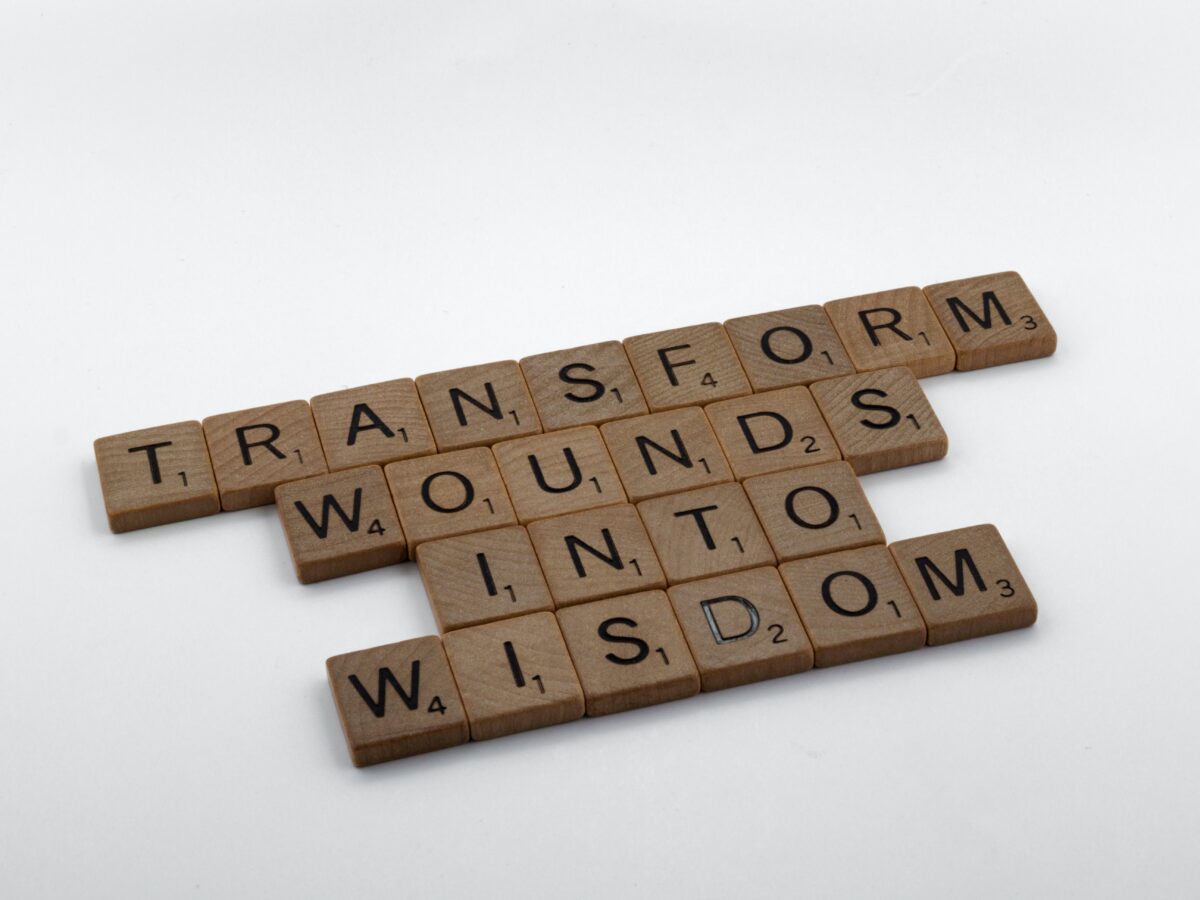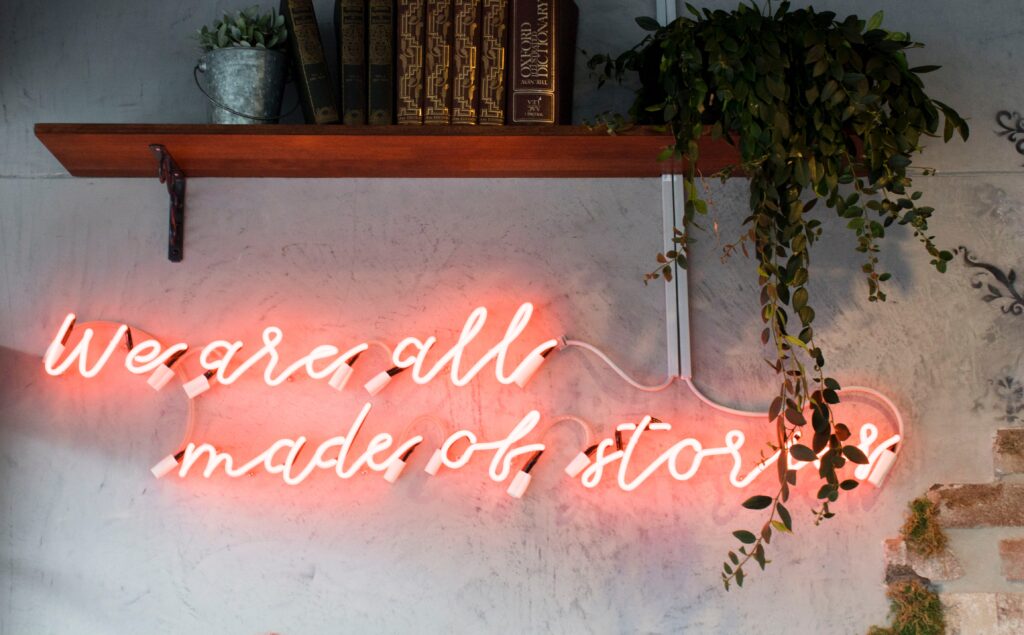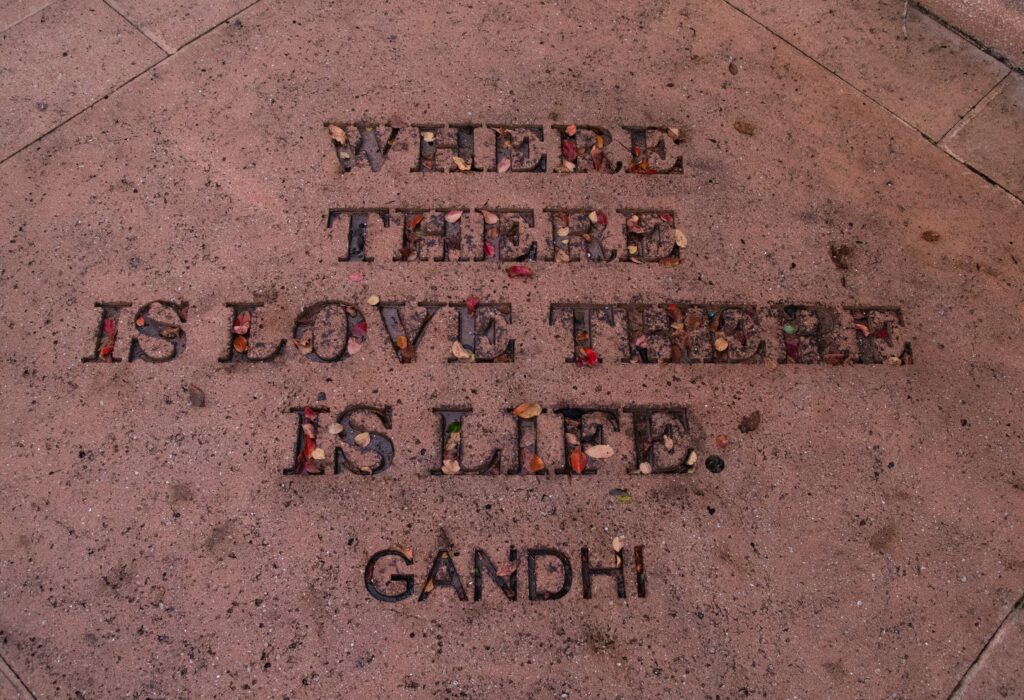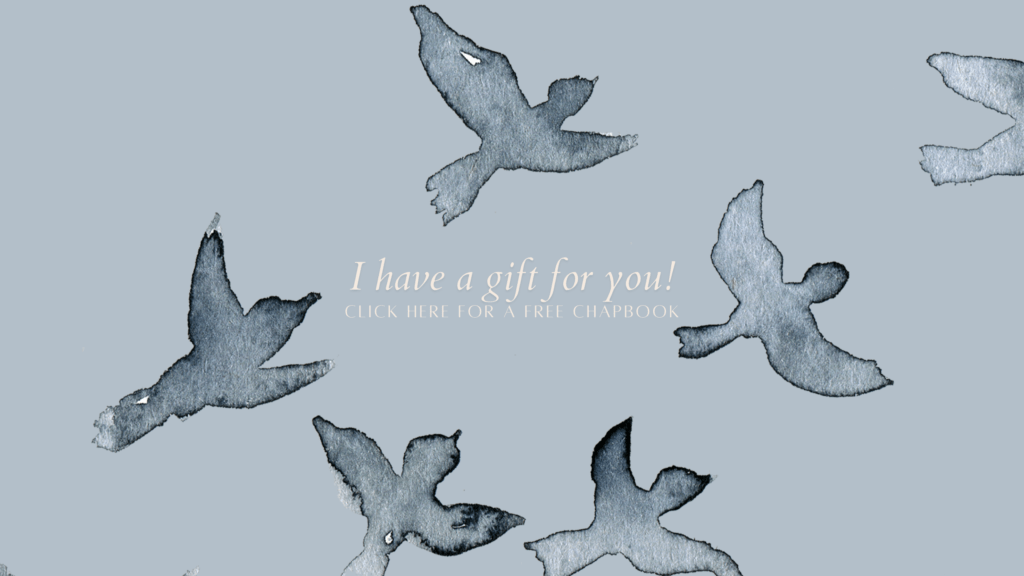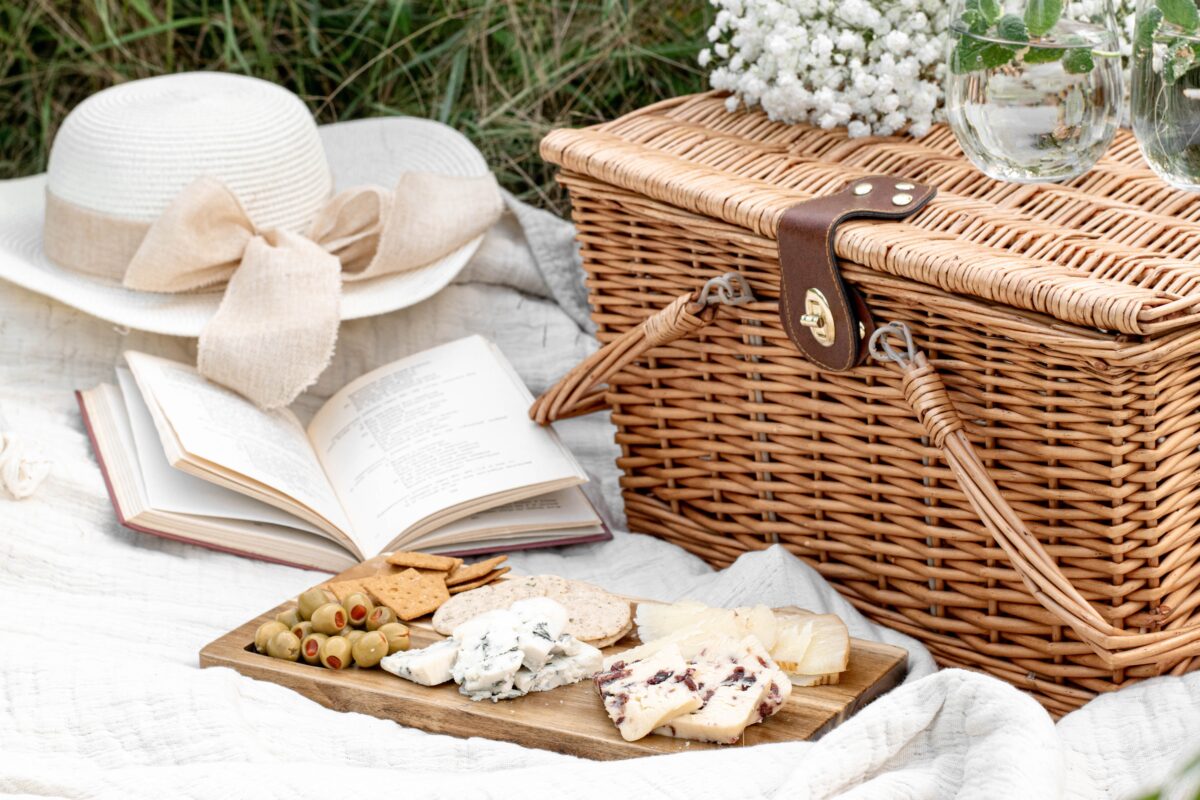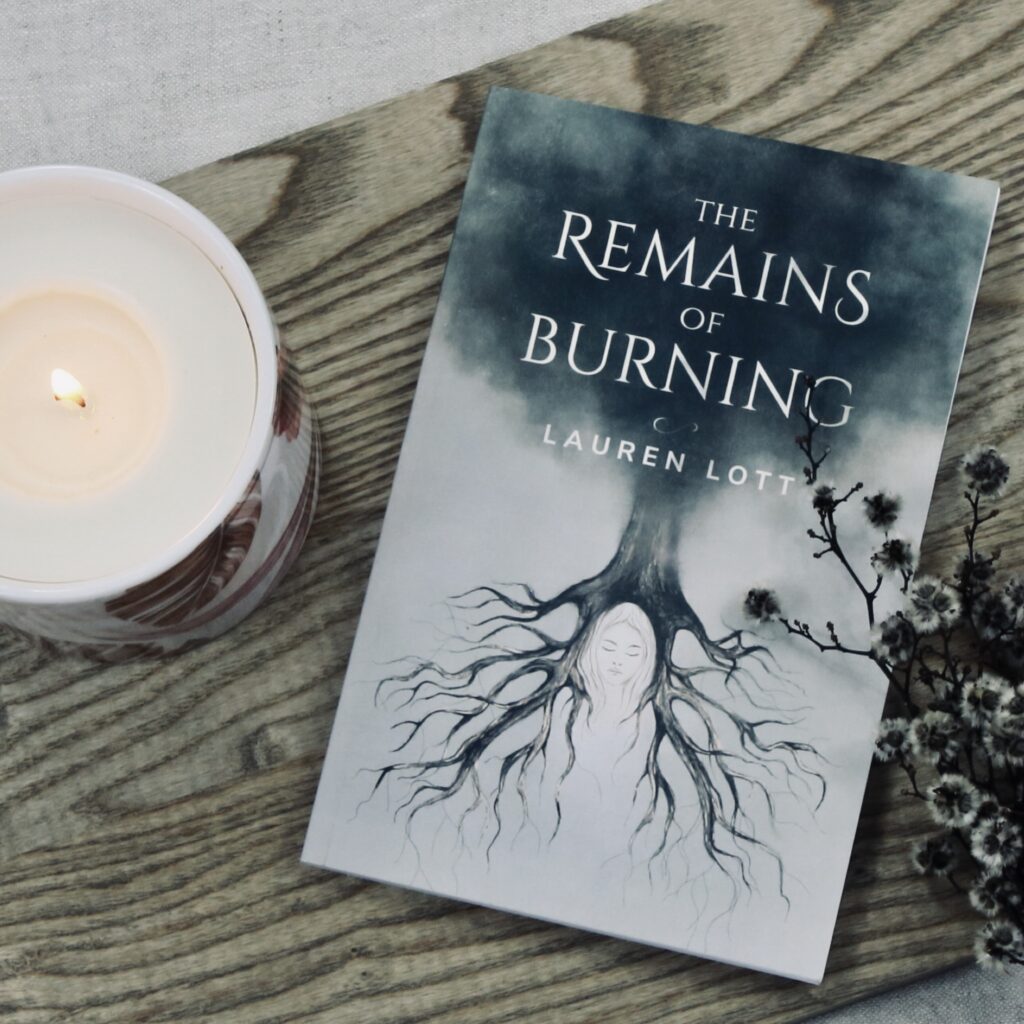It’s no secret, I love poetry.
It is an art form that captures the beauty of language, but it is also a powerful tool that has helped me cope with life’s challenges. In honor of World Poetry Day, I’d love to share with you how I have used poetry to navigate difficult times.
When I face challenging situations, I can sometimes find it hard to articulate how I feel. Poetry gives me the freedom to express myself in a way that is both personal and universal. Through poetry, I explore my emotions, fears, and loves in a way that helps me process and make sense of them.
For example, in her poem “Still I Rise,” Maya Angelou writes about overcoming adversity and discrimination. This poem inspires me to keep going and reminds me of the strength within me.
"You may shoot me with your words, / You may cut me with your eyes, / You may kill me with your hatefulness, / But still, like air, I'll rise."
Secondly, poetry provides me with a sense of comfort. When I feel overwhelmed by my circumstances, reading or writing poetry helps me to find a sense of calm. Poetry has a way of connecting me to something greater than myself.
In his poem “The Guest House,” the 13th-century Persian poet Rumi (one of my absolute fav’s) writes about the importance of embracing all emotions, both positive and negative: HIs poem reminds me that all emotion, everything I feel is part of the human experience I am having here on earth and that I should not judge or shame myself for feeling what I do. It encourages me to take every circumstance, whatever comes across my path and see it as a teacher.
"This being human is a guest house. / Every morning a new arrival. / A joy, a depression, a meanness, / some momentary awareness comes / as an unexpected visitor."
Poetry also helps me find meaning and purpose in my life. It can be hard to find a sense of meaning or purpose in difficult times. Poetry connects me to the beauty and value of life that can still be found during painful seasons.
In his poem “The Road Not Taken,” Robert Frost writes about the importance of making our own choices and forging our own paths in life. His words remind me I can choose how I deal with what I am going through. Though things may not always go the way I want them too, still, I possess the power to make decisions that hold me back, keep me stuck or move my life forward.
"Two roads diverged in a wood, and I— / I took the one less traveled by, / And that has made all the difference."
Poetry assists me to connect with others who are going through similar challenges. When I read or write poetry, I become part of a larger community of people who share the same experiences and emotions. Through poetry, I can find a sense of belonging and feel seen and understood.
